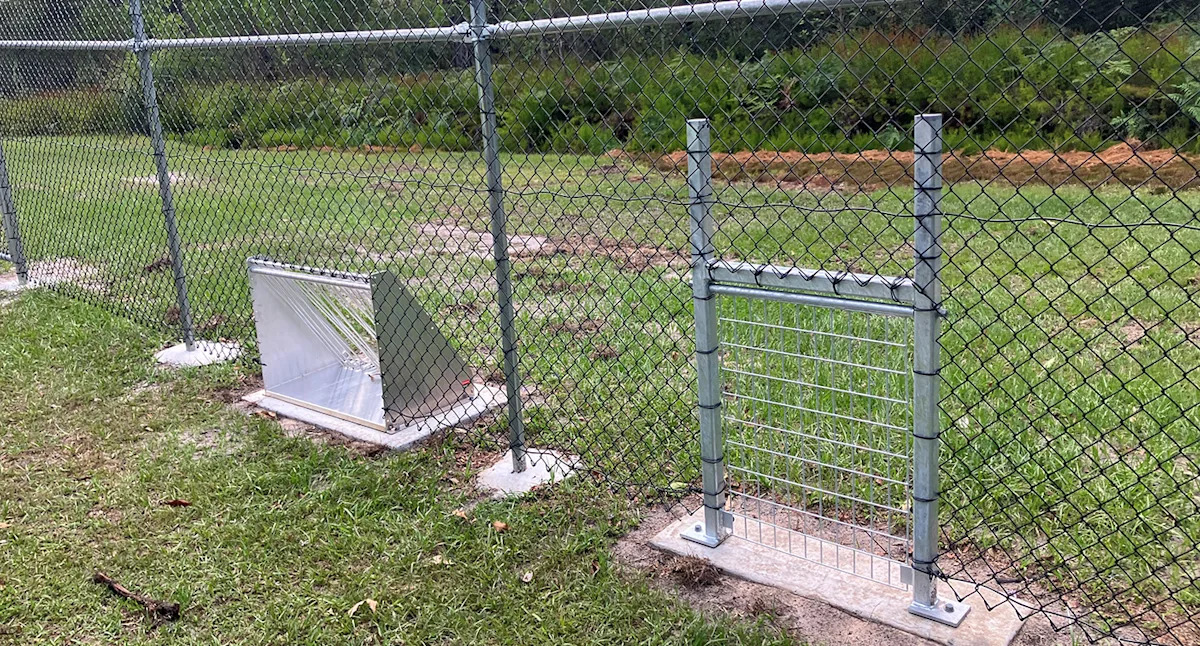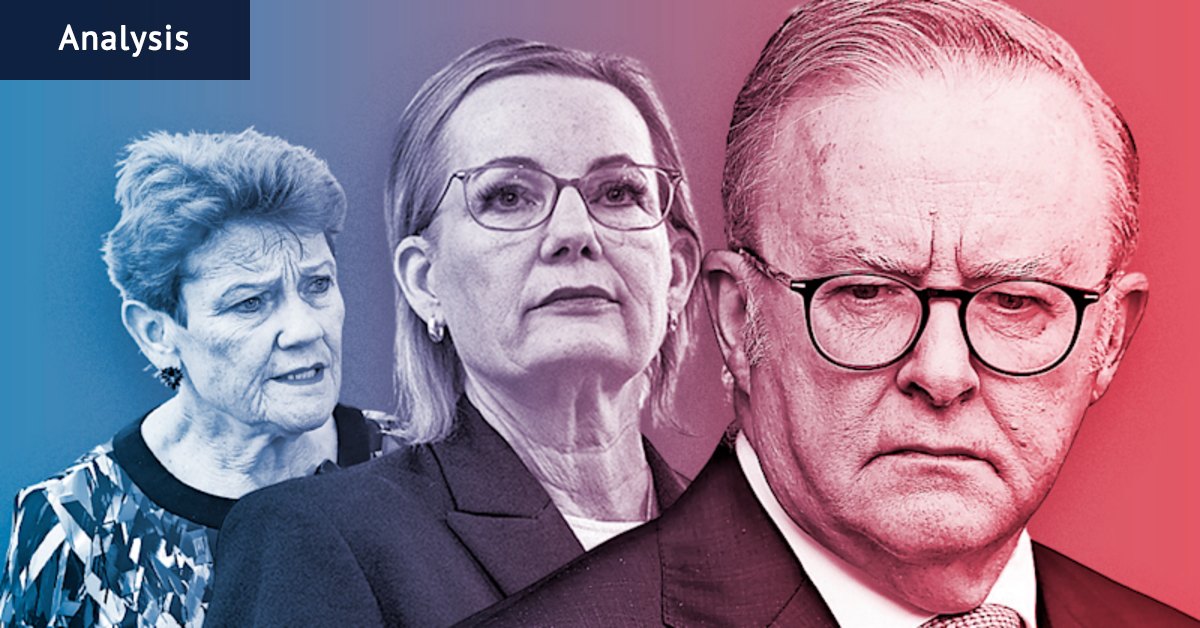
Independent senator David Pocock has urged the Australian Labor Party to move beyond past electoral defeats and focus on comprehensive housing reform, as the nation’s housing crisis continues to escalate. Speaking on ABC News Breakfast, Pocock emphasized the need for bold policy changes, criticizing Labor for attributing their 2019 election loss to their housing policies.
“Labor over-learned certain lessons from elections. They took 1000 different policies to the 2019 election, and now want to pin the loss on those housing policies,” Pocock stated. His comments highlight a growing sentiment among politicians and the public that significant reform is necessary to address housing affordability issues.
Public Opinion and Policy Proposals
Recent surveys, including a comprehensive study by pollster Amplify, reveal that over 70% of Australians believe that modifying the capital gains tax discount and negative gearing is a sensible approach in light of the current housing crisis. This data underscores a shift in public opinion towards supporting reforms that were once considered politically risky.
“We’ve seen poll after poll and actually a really big piece of work done by Amplify that showed that over 70 per cent of Australians think that changing the capital gains tax discount, negative gearing, is now a very sensible move in light of the housing crisis.”
Pocock, alongside Tasmanian senator Jacqui Lambie, has previously advocated for reforms such as capping negative gearing at one investment property and reducing the capital gains tax discount while grandfathering existing arrangements. These proposals aim to curb speculative investment in the housing market, which many argue has contributed to skyrocketing property prices.
Historical Context and Political Challenges
The call for housing reform is not new in Australia. Historically, housing affordability has been a contentious issue, with various governments attempting to balance economic growth with equitable access to housing. The Howard government’s introduction of negative gearing in the 1980s was initially intended to stimulate the rental market but has since been criticized for disproportionately benefiting wealthier investors.
The announcement comes as Australia’s housing market faces unprecedented challenges. Rising property prices, stagnant wages, and a growing population have exacerbated the crisis, making home ownership increasingly unattainable for many Australians. Meanwhile, the political landscape remains fraught with debate over the best path forward.
Expert Opinions and Future Implications
Economists and housing experts have long argued for a reevaluation of tax incentives that favor property investment. According to Dr. Cameron Murray, a housing economist, “The current tax settings encourage speculative investment in housing, which drives up prices and locks out first-time buyers.”
“I don’t understand why a government that says, let’s talk productivity, let’s talk about the future of our nation is then saying, well, we don’t want to do that. We can’t have these hard debates when it comes to housing,” Pocock remarked, emphasizing the need for political courage.
The move represents a critical juncture for Australian policymakers. As public pressure mounts, there is a growing expectation for the government to take decisive action. The potential reforms could reshape the housing market, impacting not only investors but also first-time homebuyers and renters.
Looking ahead, the debate over housing reform is likely to intensify, with implications for both the political arena and the broader economy. As Australia grapples with these challenges, the decisions made in the coming months could have lasting effects on the nation’s housing landscape.





